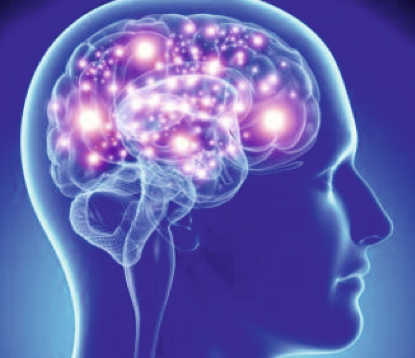According to a report published in Schizophrenia Research, the use of auditory-based targeted cognitive training improves cognitive auditory processing function in patients with schizophrenia.
“Sensory processing abnormalities are common in schizophrenia and impact everyday functions, such as speech perception in noisy environments,” the authors explained. “Auditory-based targeted cognitive training is a ‘bottom up’ cognitive remediation intervention designed to enhance the speed and accuracy of low-level auditory information processing.”
In this study, the researchers explored the effects of targeted cognitive training on behavioral measures of CAP and the role of CAP function on verbal learning outcomes in people with schizophrenia.
The study included 42 patients with schizophrenia and 18 healthy controls. Participants underwent comprehensive clinical, neurocognitive, and auditory assessments, including tests of hearing sensitivity and speech recognition (Words-in-Noise (WIN), Quick Speech-in-Noise (SIN). Patients with schizophrenia were randomized to receive either treatment-as-usual or a 30-hour program of targeted cognitive training plus treatment-as-usual. Schizophrenia patients repeated assessments 10 to 12 weeks later.
Based on the assessments, patients exhibited significant deficits in both WIN (P < 0.05) and SIN (P < 0.01). The patients who received targeted cognitive training demonstrated an improvement with treatment efficacy over time in terms of WIN (P < 0.05), but not on SIN. These improvements were seen over treatment-as-usual, the authors added.
For WIN performance, the researchers observed that gains were specifically related to enhancements in the 4-dB over background range. Moreover, schizophrenia patients with greater CAP deficits experienced robust gains in verbal learning after the targeted cognitive training program, compared with patients without CAP impairment (P < 0.01).
“Findings demonstrate that intensive auditory training enhances the fidelity of auditory processing and perception, such that specific CAP deficits were ‘normalized’ and were predictive of gains in verbal learning after targeted cognitive training,” the authors concluded. “It is conceivable that patients with deficiencies in CAP measures may benefit most from targeted cognitive training and other interventions targeting auditory dysfunction.”
Source: Schizophrenia Research









